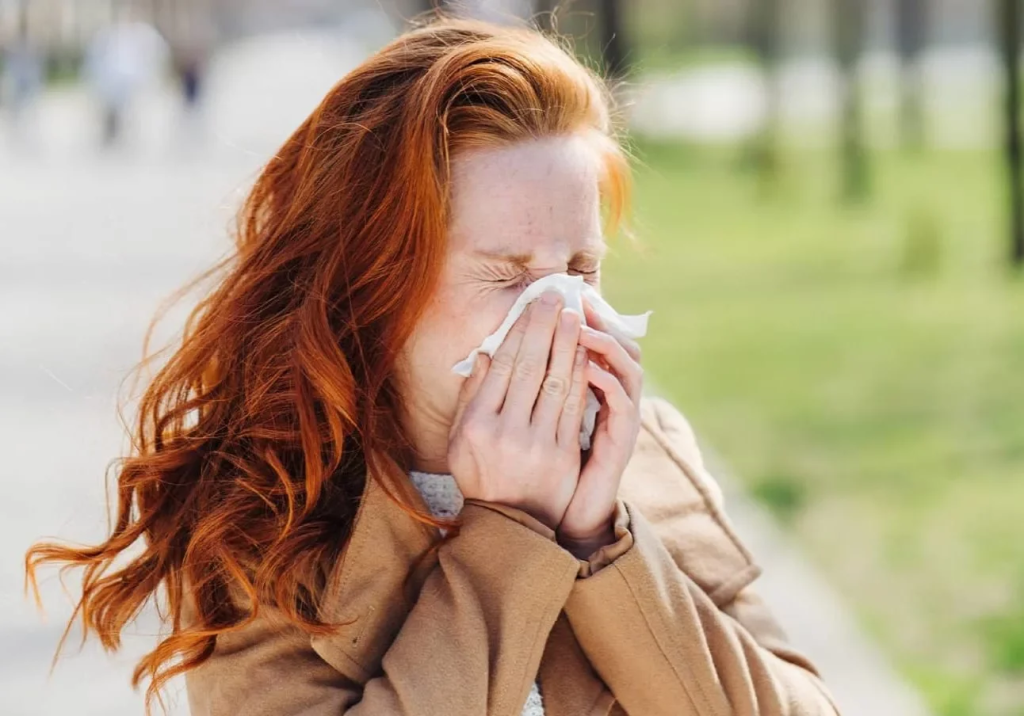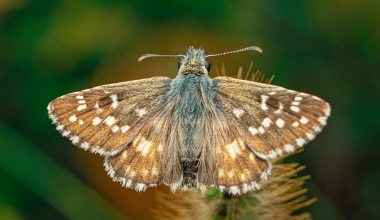Commonly Used Medications for Hay Fever Treatment
When it comes to hay fever treatment, there are several medications commonly used to alleviate symptoms.
- Antihistamines : Antihistamines, for example, block the histamine response in the body and can help with sneezing, itching, and runny noses. Nasal corticosteroids are another option that work by reducing inflammation in nasal passages.
- Decongestants : Decongestants can also provide relief by shrinking swollen blood vessels in your nose. However, they should be used sparingly as overuse can lead to rebound congestion. If you’re looking for a quick fix while on-the-go, oral decongestant sprays may do the trick. These sprays work quickly but can have side effects such as increased heart rate or jitteriness.
Why Are There Currently Over 240 Medications Out Of Stock?
The sudden shortage of hay fever medications has left many people puzzled. Why are there over 240 medications out of stock? The answer lies in a combination of factors that have come together to create the perfect storm.
- High demand : One major reason is the high demand for hay fever medication during peak allergy season. With so many people experiencing symptoms, pharmacies and drug manufacturers struggle to keep up with the demand, leading to shortages in supplies.
- Supply chain disruptions : Another factor contributing to the scarcity of these drugs is supply chain disruptions caused by COVID-19. Many pharmaceutical companies rely on raw materials from abroad, and with borders closed or restricted due to the pandemic, obtaining those materials has become challenging.
- Export restrictions : Additionally, some countries that produce these medications have been imposed during the pandemic as they try to manage their own domestic needs first.

Alternatives to Medication for Hay Fever Treatment
For many hay fever sufferers, medication is the go-to solution for relieving symptoms. However, there are alternative treatments available that may be just as effective.
- Natural remedies : One option is to try natural remedies such as honey or essential oils. Honey has been found to have anti-inflammatory and antioxidant properties which can help alleviate symptoms of hay fever. Essential oils like lavender and eucalyptus can also be used in diffusers or added to baths for their calming and soothing effects on the respiratory system.
- Acupuncture : Another alternative treatment is acupuncture. This ancient Chinese practice involves inserting thin needles into specific points on the body to stimulate energy flow and promote healing. Studies have shown that acupuncture can reduce inflammation in the nasal passages and improve overall quality of life for hay fever sufferers.
- Dietary changes : Dietary changes may also be helpful in managing hay fever symptoms. Consuming foods rich in vitamin C, such as citrus fruits, bell peppers, and broccoli, can boost your immune system and reduce inflammation throughout your body.
Tips to Reduce the Impact of Hay Fever on Your Daily Life
- Firstly, try to avoid going outdoors during peak pollen hours. Pollen counts tend to be highest in the morning between 5 am and 10 am, so it’s best to stay inside during these times. Additionally, keep windows closed at home or work to prevent pollen from entering indoors.
- Another tip is to regularly clean surfaces with a damp cloth or mop. This helps remove any lingering pollen particles that may have found their way inside. It’s also recommended that you shower before bedtime as this will wash away any allergens that may have accumulated on your skin and hair throughout the day.
Also Read: The Price Point Debate: Is Vitamix 5200 or 5300 a Better Value?
Conclusion
Hay fever can be a frustrating and uncomfortable condition to deal with, especially when medication is not readily available. However, there are alternative treatments that can provide relief for symptoms such as nasal irrigation or using air filters in your home. It’s also important to take preventative measures like staying indoors during peak pollen times and keeping windows closed.








